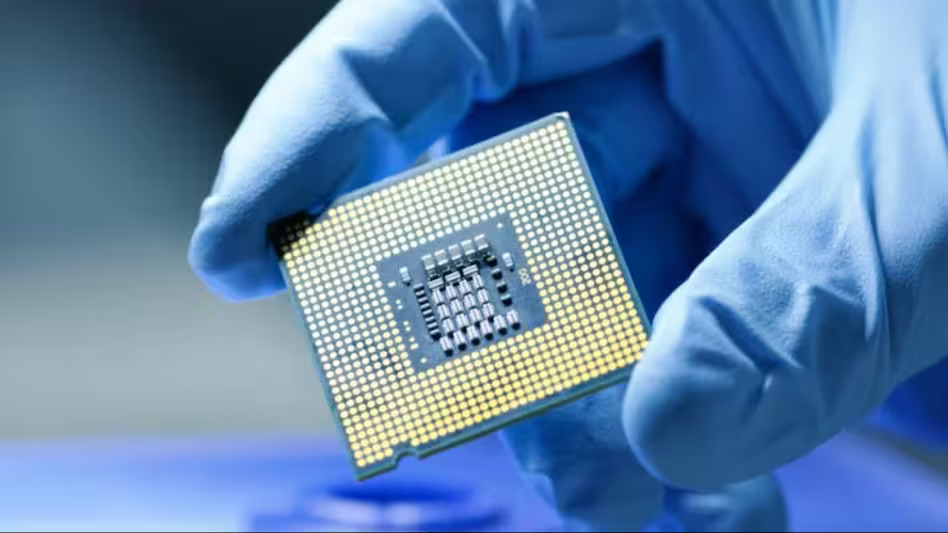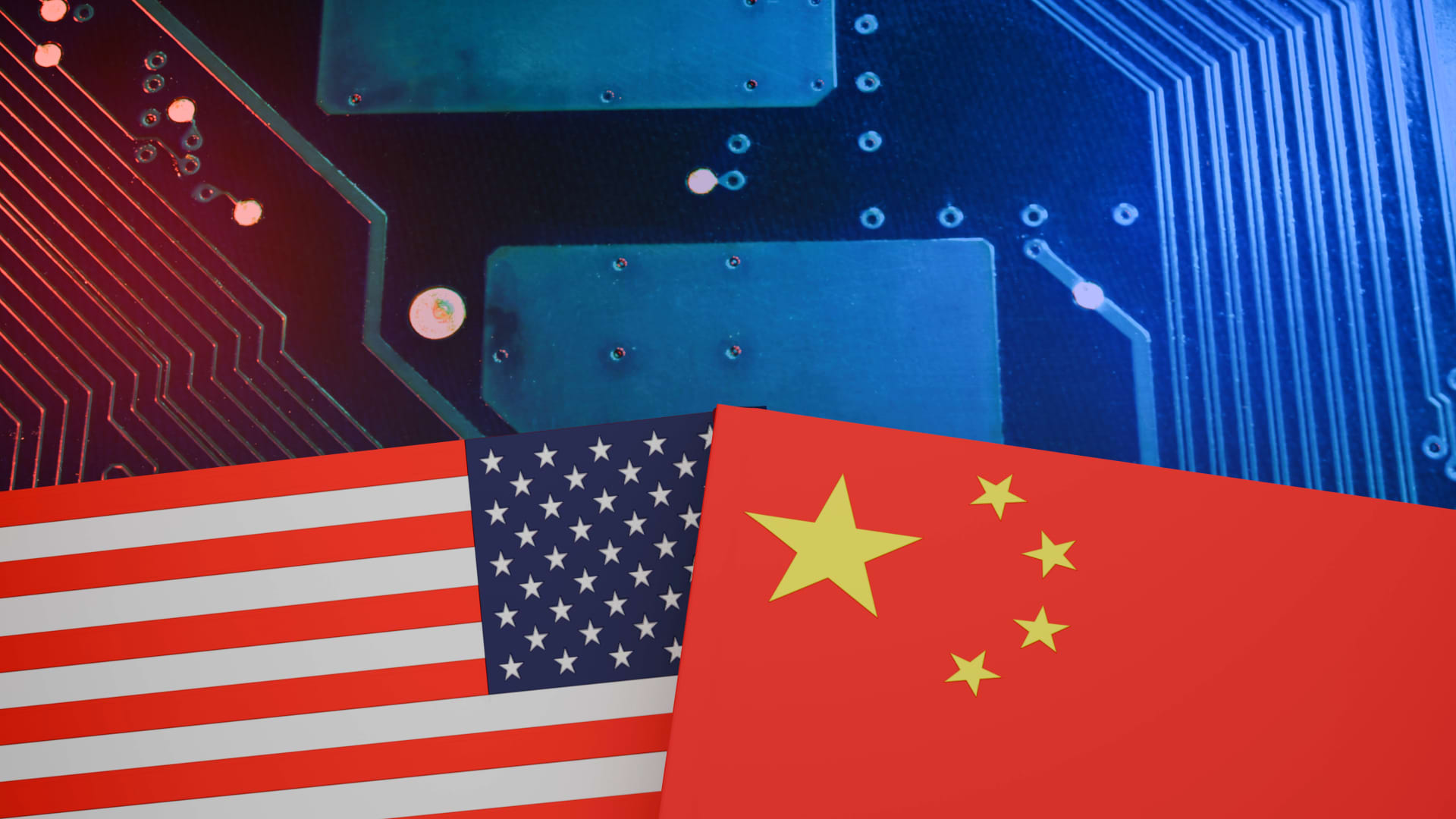China has recently introduced new guidelines aimed at phasing out the use of U.S. processors in government computers and servers, a move that effectively blocks chips from major American companies like Intel and AMD, as reported by the Financial Times on Sunday.
These guidelines, disclosed on December 26, are now being implemented and are set to impact not only hardware but also software, including Microsoft’s Windows operating system and foreign-made database software, as they prioritize Chinese alternatives, according to the report.
Government agencies at and above the township level have been instructed to procure processors and operating systems deemed “safe and reliable,” as outlined by the FT.

FT Report: China’s Latest Guidelines Restrict Usage of Intel and AMD Chips in Government Computers (Credits: Business Today)
This development aligns with China’s ongoing efforts to bolster its domestic semiconductor industry in a bid to lessen dependence on foreign technology. Semiconductors, crucial components found in a myriad of devices ranging from smartphones to medical equipment, have become focal points in the technology rivalry between the U.S. and China.
The U.S. has taken measures to restrict Beijing’s access to vital semiconductor equipment and technologies through export controls. In October 2022, Washington implemented regulations aimed at curtailing China’s ability to access, obtain, or produce advanced semiconductor chips, citing concerns over potential military applications.
Further regulations were introduced by the U.S. in October 2023 to prohibit the U.S. chip design firm Nvidia from supplying advanced AI chips to China.
Sanctions targeting Chinese tech giants such as Huawei and China’s leading chipmaker SMIC have been ongoing since 2019. These measures, enforced by the U.S., aim to limit their access to cutting-edge technology. SMIC has faced additional hurdles in obtaining extreme ultraviolet lithography machines crucial for the production of advanced chips, as they are supplied by the Dutch firm ASML.
























